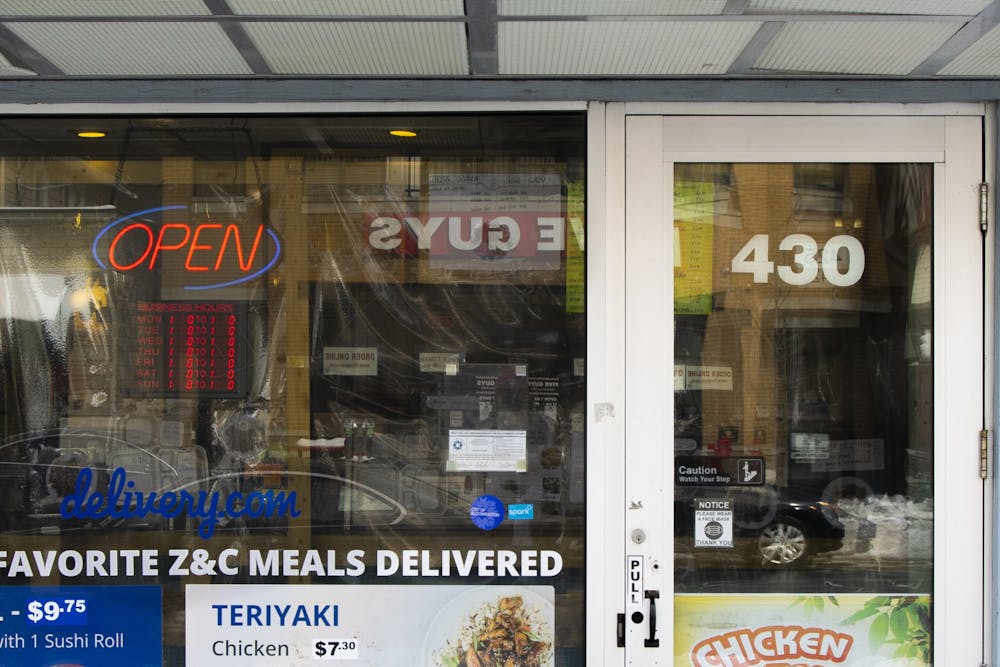The Indiana Senate approved a bill Feb. 8 that could allow Indiana small businesses to appeal to stay open if shut down by a public health order.
Senate bill 5 was passed 40-8 and has been referred to the House of Representatives. It is a response to measures taken by Indiana to shut down businesses due to the COVID-19 pandemic. Sen. Ron Alting, R-Lafayette, Sen. Chris Garten, R-Charlestown, and Sen. Mark Messmer, R-Jasper, authored the bill.
According to the bill, if a business owner is told by state officials to shut down because of a public health emergency, they must file an appeal with their local city or county councils no later than two weeks after the shutdown. Until the appeal is heard, the business would be allowed to stay open during the process even if it isn’t following health orders. The city or county councils must decide whether to hear an appeal within 30 days of its filing.
According to an article by the Journal Gazette, currently the only option business owners have in response to shutdowns is to file a lawsuit.
Alting said the goal of the bill is to give a voice to Indiana business owners. He said he doesn’t agree with giving ultimate power over to health commissioners since they are appointed officials.
“I think it will force a collaborative effort with local elected officials who have much more of a feel on the business side of the community and the people they represent,” he said.
Alting said he believes strongly in COVID-19 protocols and agrees with the decision to shut down a business if it cannot safely operate. However, he also said some businesses have been closed unnecessarily, such as in college towns. Setting guidelines for university campuses is understandable, he said, but he said he doesn’t see a reason to penalize businesses that can social distance and enforce mask-wearing.
Alting said collaboration between health commissioners and elected officials is crucial, because the health commissioner is most educated on public health and mayors are most educated on business in their communities.
“What a great recipe to put them both together,” he said.
Disagreeing with the bill, Sen. Jean Breaux, D-District 34, said she believes the decisions health officials make are not knee-jerk reactions. She said health commissioners most often make decisions in collaboration with elected officials.
Breaux said she thinks political agendas play a major role in the creation of the bill.
“They want to say that it is about these unelected people who have all this power,” Breaux said about the bill. “But what it’s really about is the mere fact that anyone is trying to tell them what to do in an emergency.”
She said the focus needs to be on what the state can do to help businesses financially. She said a better alternative to the bill is providing a fund for business loans or doubling food bank budgets for those living in poverty.
Blaming and undermining health officials who are doing the best they can and erring on the side of caution, she said, is wrong.
“Blaming them is a misplaced anger,” Breaux said.
Marnie McKnight, owner of StyleEncore and Once Upon a Child in Bloomington, said she thinks the bill is a good idea because the decision to shut down a business should be based on whether that business has a substantial amount of customers, not just what the state decides. StyleEncore was shut down as part of the stay-at-home order when the pandemic began and reopened in May.
StyleEncore sells used items, which lowers the cost from retail. McKnight said her store helps people who need low-priced clothing, and because of that,she said, her business is important to the community and should be deemed essential..
For example, she said, Once Upon a Child provides cheap items for children that parents might have to buy elsewhere for higher retail prices if the store is closed.
“We weren’t deemed essential, but yet babies grow, babies need clothes,” McKnight said.
Since people weren’t shopping for clothes as much, she said, managing her money and bills was difficult as well.
McKnight said she would appeal to her local authorities, if needed, as to why her business should be deemed essential.
“It’s important to realize that most small business owners are trying their best to do what they think is right,” she said. “It's hard right now to know what that is.”




